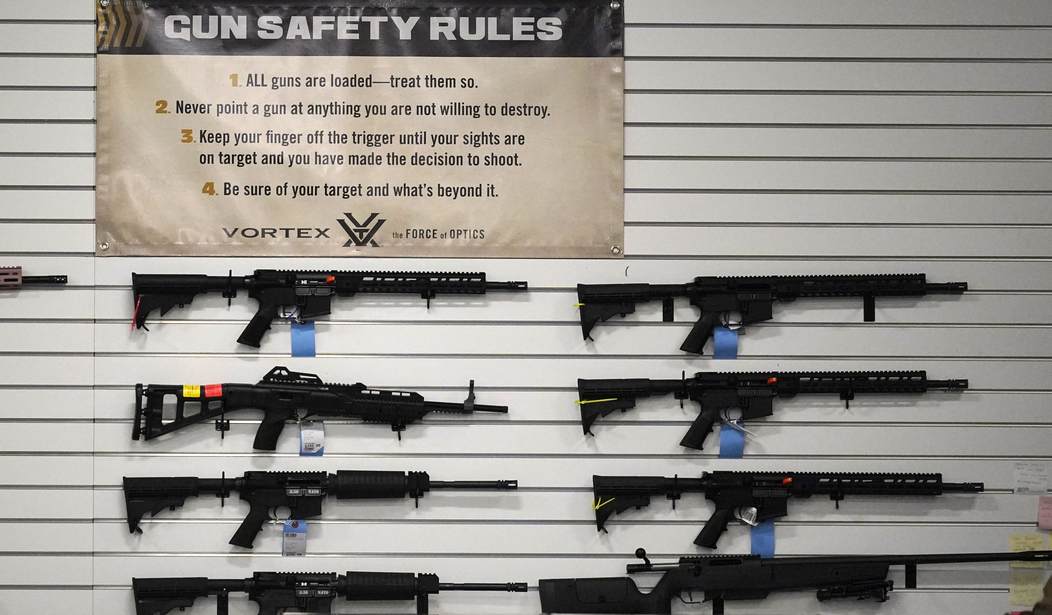Once again a federal judge has relied on an egregious misreading of the Supreme Court's rulings in Heller, McDonald, Caetano, and Bruen in order to keep a ban on so-called assault weapons in place.
In her decision denying an injunction against Washington State's ban on the sale of guns deemed by the state legislature as "assault weapons", U.S. District Judge Mary Dimke, a Biden appointee, declared that "'[t]he majority of the existing authority favors a Second Amendment test requiring Plaintiffs to demonstrate that the weapons at issue are not only in common use for self-defense but also tailored to that end, or that the weapons at issue are otherwise not too dangerous or unusual."
The Supreme Court has never held that the Second Amendment only protects arms in common use for self-defense, much less those "tailored to that end." Instead, the Court stated in Heller that the right to keep and bear arms encompasses "lawful purposes like self-defense." In other words, while self-defense is certainly one of the activities protected by the Second Amendment, it's not the only actively covered by the text of the Second Amendment.
Regardless, according to the 2021 National Firearms Survey conducted by Georgetown University's William English, more than 60% of owners of AR-15s and other semi-automatic long guns say they own those arms specifically for self-defense. Dimke conceded that AR-15s specifically and semi-automatic rifles in general are commonly owned, but said that's not enough to show that they're protected by the text of the Second Amendment or the national tradition of firearm ownership.
Dimke then cited other decisions from the Fourth and Seventh Circuits upholding similar bans on semi-automatic firearms under the dubious reasoning that those guns are "like" the fully automatic and select-fire rifles used by the military. She also cited those same appellate courts in deciding that the national tradition of gun regulation allows for bans on modern sporting rifles by pointing to a handful of 19th-century bans on "Bowie knives, dirks, sword canes, metal knuckles, slungshots, and sand clubs", which the Fourth Circuit held were "particularly suitable for fighting and ‘popular with street criminals.’”
Under that logic, a ban on handguns would pass constitutional muster, given that they're the weapon of choice for street criminals. But the Supreme Court has already stated that a ban on handguns would violate the right to keep and bear arms. Further, there's no evidence that the semi-automatic firearms banned by Washington State are disproportionately used in violent crimes. As even The Trace has reluctantly acknowledged, the vast majority of public mass shootings dating back to 1966 have involved handguns, while just 28% involved a semi-automatic rifle.
Dimke's ruling is woefully short on independent analysis of Washington's ban on so-called assault weapons. Instead, it's almost entirely dependent on citing the fallacious arguments deployed by some judges on appellate courts around the country, which is all the more reason why the Supreme Court needs to grant cert to the challenge to Maryland's "assault weapon" ban when Snope v. Brown is heard in conference later this fall. There's a circular illogic at work in the appellate courts, and the only way to short that circuit is for SCOTUS to set the record straight about the scope of the Second Amendment's protections; both in terms of the activities that are covered and the arms that we the people have the right to keep and bear.









Join the conversation as a VIP Member